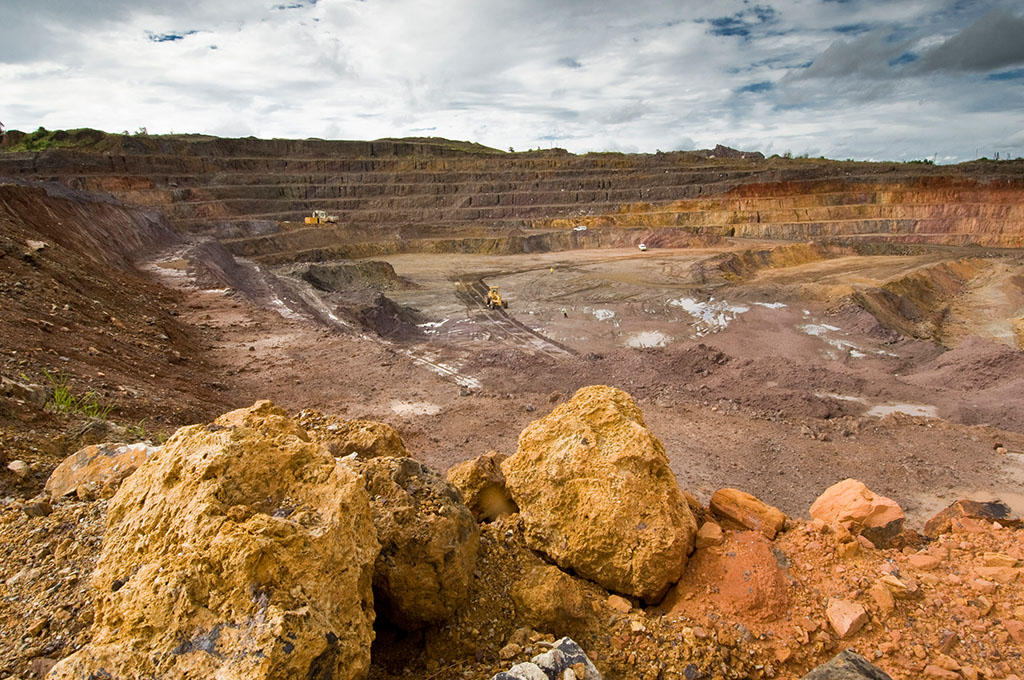
Mining giant Glencore faces US corruption probe

Swiss commodities mining and trading giant Glencore has been subpoenaed by the United States Department of Justice (DoJ) in relation to its activities in Nigeria, the Democratic Republic of Congo (DRC) and Venezuela.
A statementExternal link from the Baar-based company said the DoJ has demanded “documents and other records with respect to compliance with the Foreign Corrupt Practices Act and United States money laundering statutes.” The period covered by the subpoena is 2007 to the present time.

More
Glencore revelations increase pressure on commodities industry
Last month, Glencore announced it was settling a legal dispute in the DRC involving Israeli billionaire Dan Gertler. The controversial businessman and his companies have been subject to US sanctions since being named as ‘Specially Designated Nationals’ (SDNs).
However, Glencore stated on June 15External link that it would have to pay mining royalties to one of Gertler’s companies, Ventora, for fear of severe disruption to its operations in the African country. “Glencore believes that payment in non-US dollars of royalties and access premiums to Ventora without the involvement of US persons would appropriately address all applicable sanctions obligations,” the statement read.
Payments to governments
On Tuesday, Glencore made no specific reference to this issue when announcing the DoJ subpoena. The Swiss NGO Public Eye has issued a criminal complaint relating to Glencore’s DRC activities and there are media reports of investigations by the British authorities.
Last month Glencore disclosed that it paid some $4.5 billion (CHF4.47 billion) to foreign governments, in the form of taxes, royalties and other expenses last year – of which $2.78 billion related to the firm’s extractive businesses.
The ‘Payments to GovernmentsExternal link’ report states that more than $400 million was paid out in DRC in 2017, including nearly $38 million in royalties. In a three-year period 2015-2017 those payments totaled more than $1 billion. There was no specific detail of payments made to the governments of Nigeria and Venezuela.
Glencore said it would release further details about the DoJExternal link subpoena “in due course as appropriate”. The company made $14.7 billion in earnings before interest, tax, depreciation and amortisation and a profit of $5.8 billion last year.
Accountability demanded
Anti-corruption campaigning NGO Global Witness welcomed the DoJ move. “It is vital that any wrongdoing is brought to light and that those responsible are held to account,” it stated.
“Holding Glencore accountable is a huge step in global accountability more generally. It would set a precedent for companies all over the world who, in many cases, are able to act with impunity in regards to the world’s mineral wealth.”

In compliance with the JTI standards
More: SWI swissinfo.ch certified by the Journalism Trust Initiative




























You can find an overview of ongoing debates with our journalists here . Please join us!
If you want to start a conversation about a topic raised in this article or want to report factual errors, email us at english@swissinfo.ch.